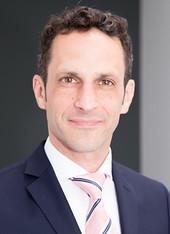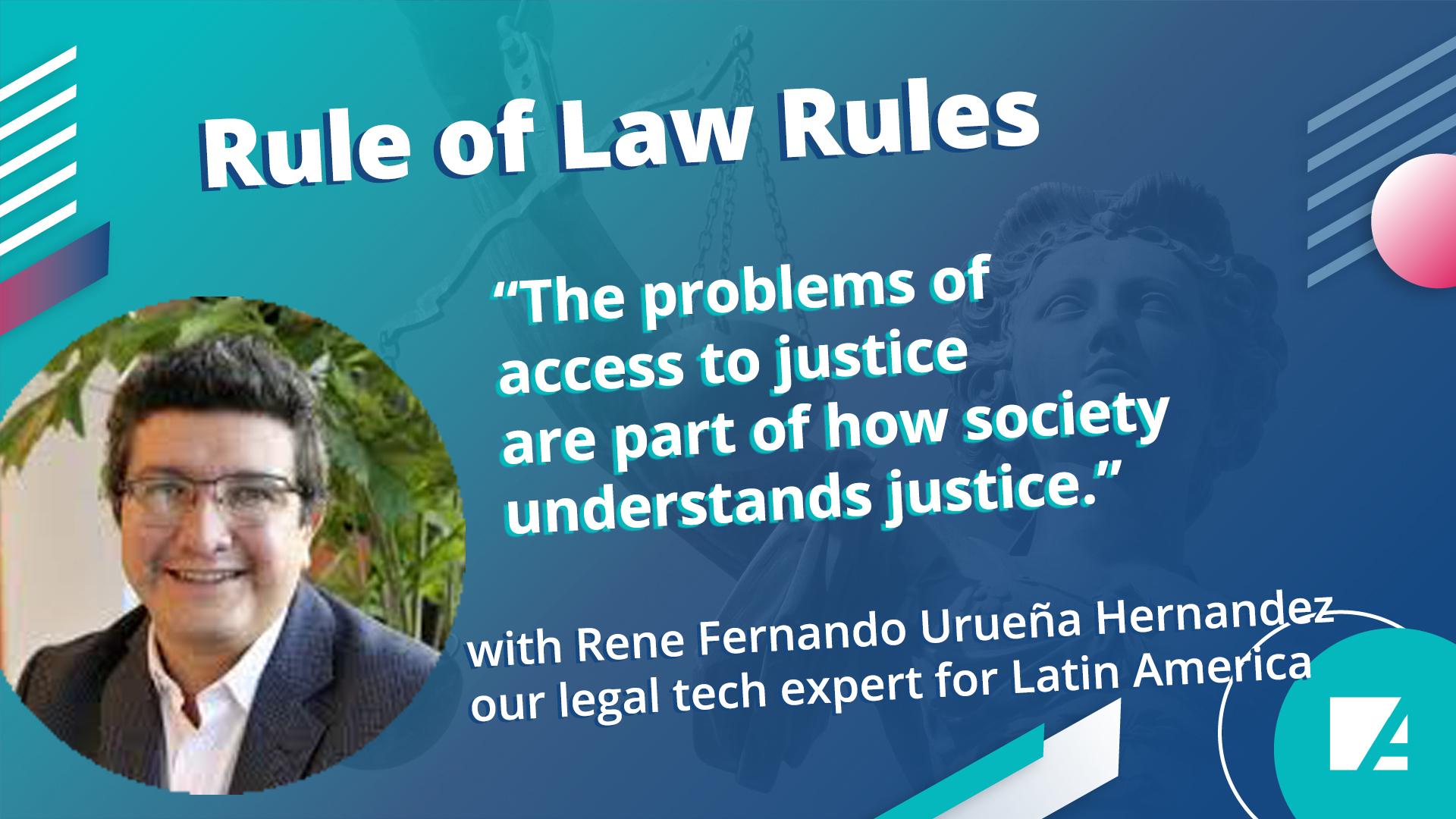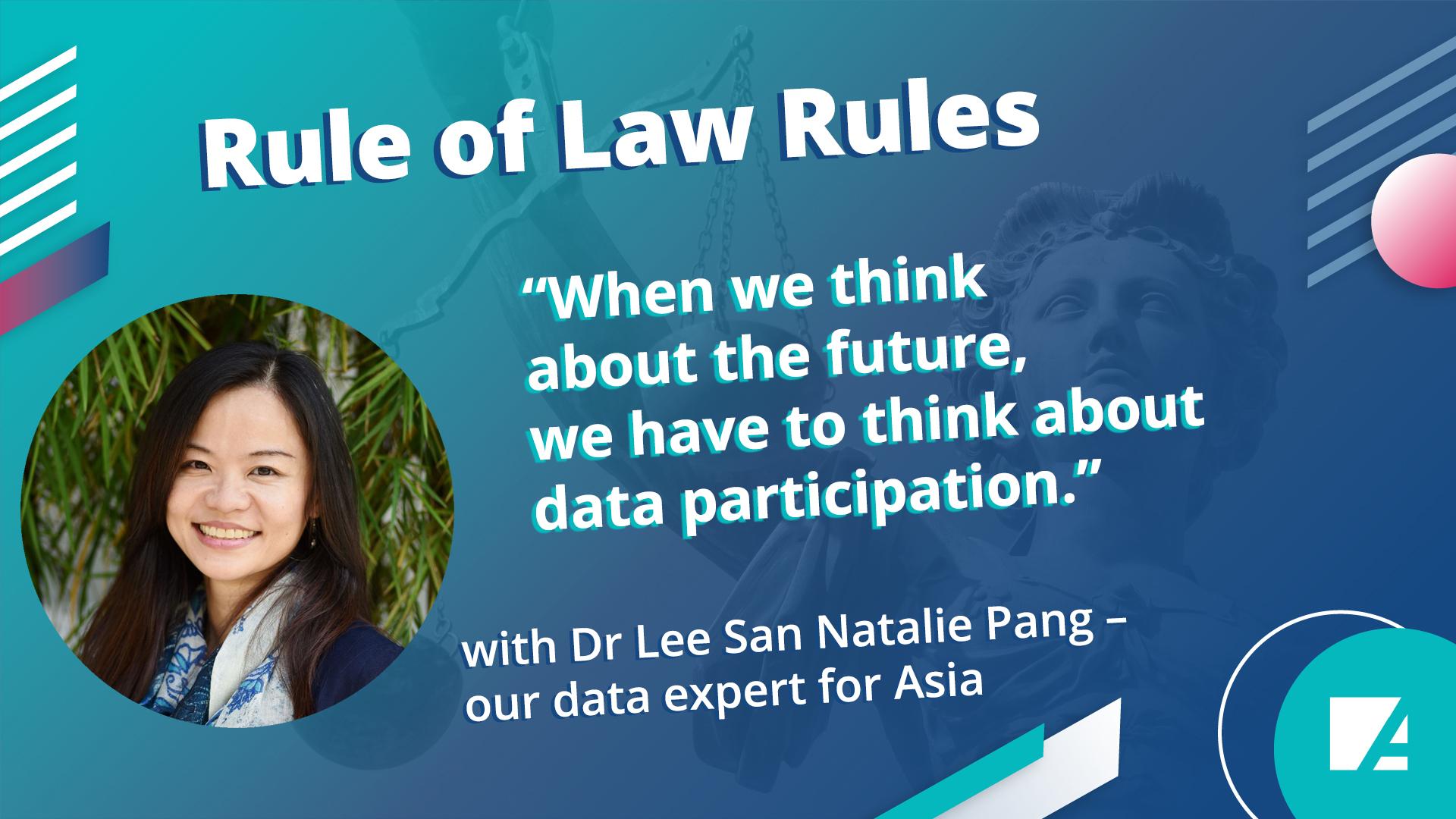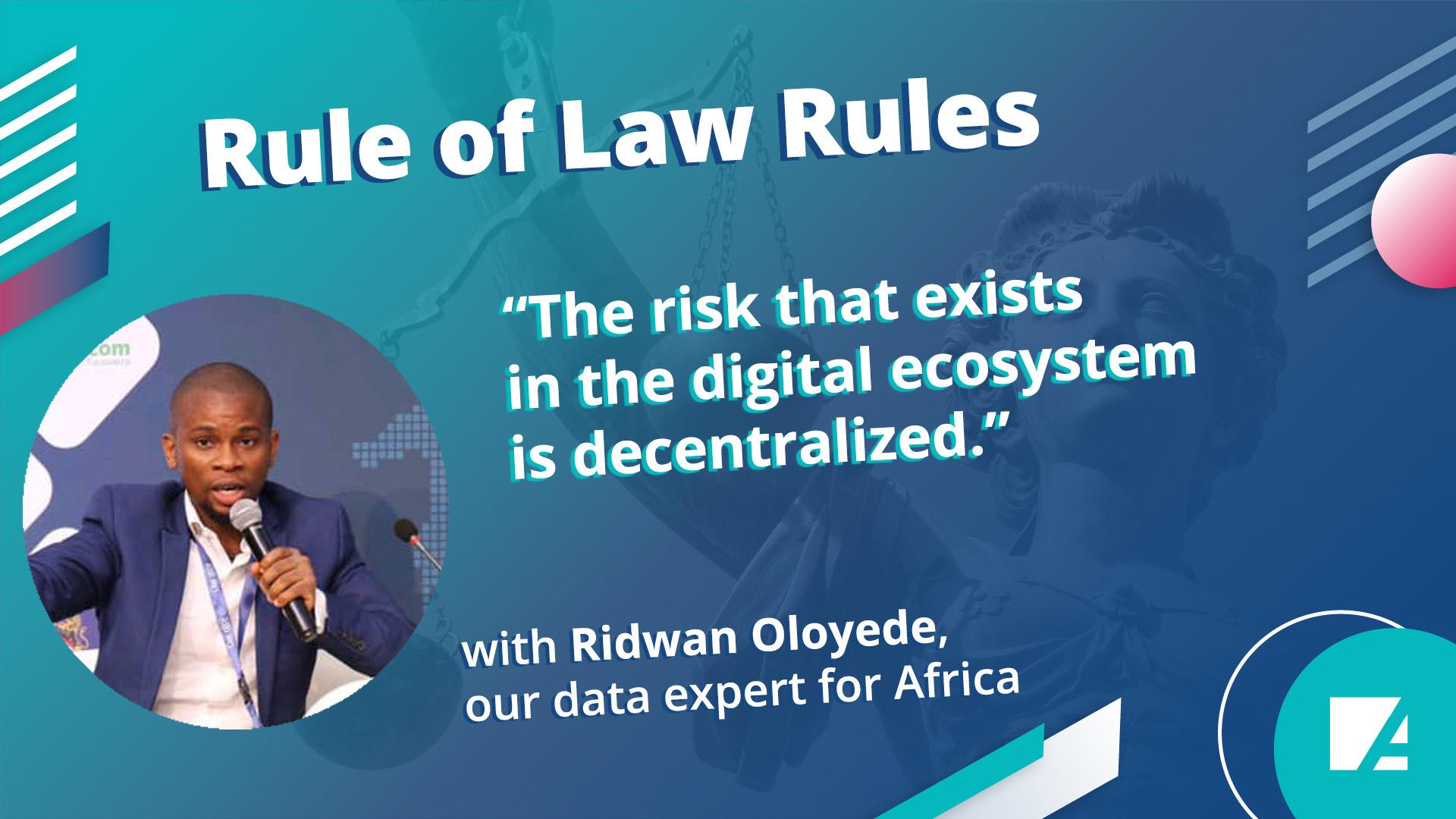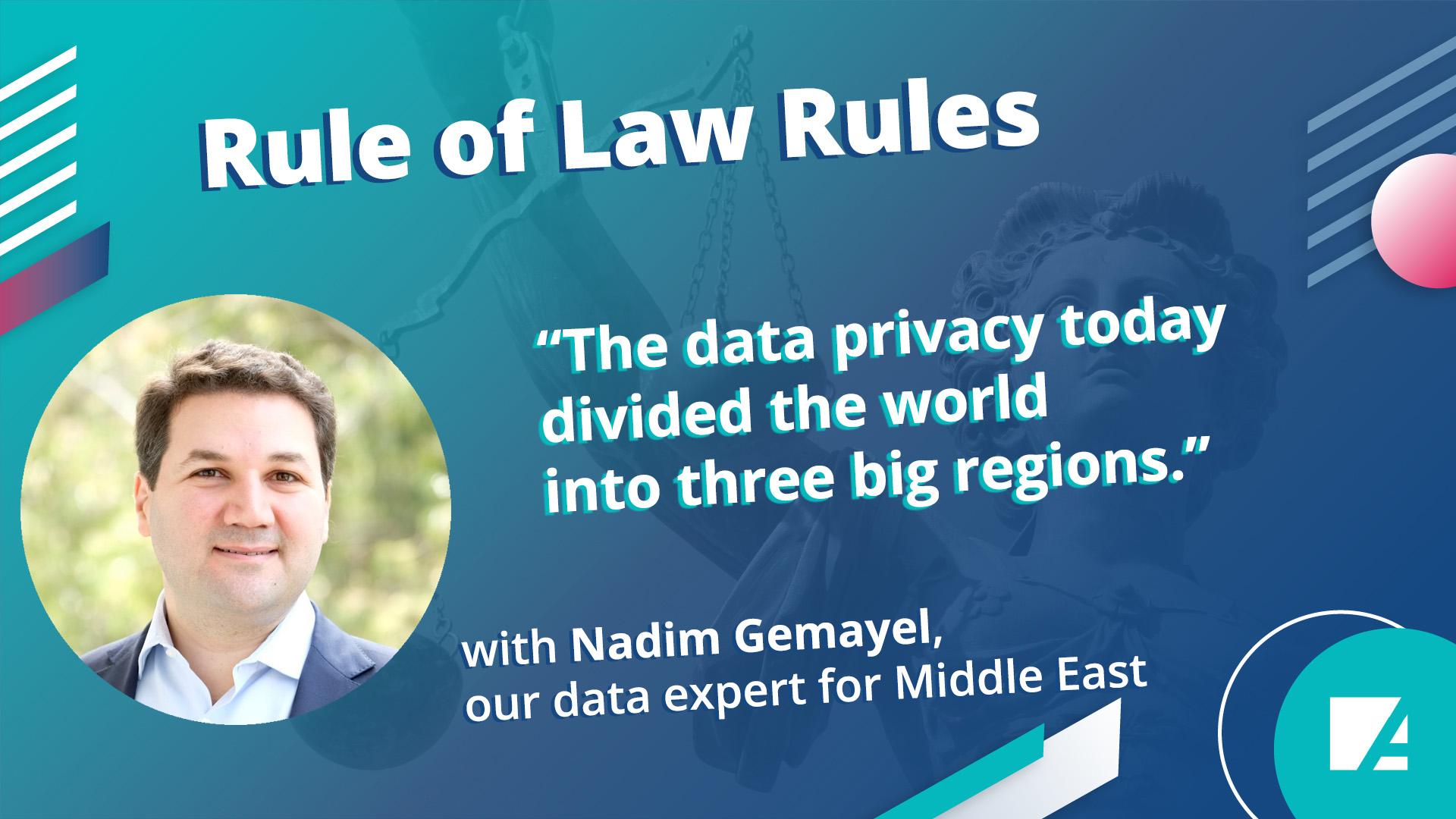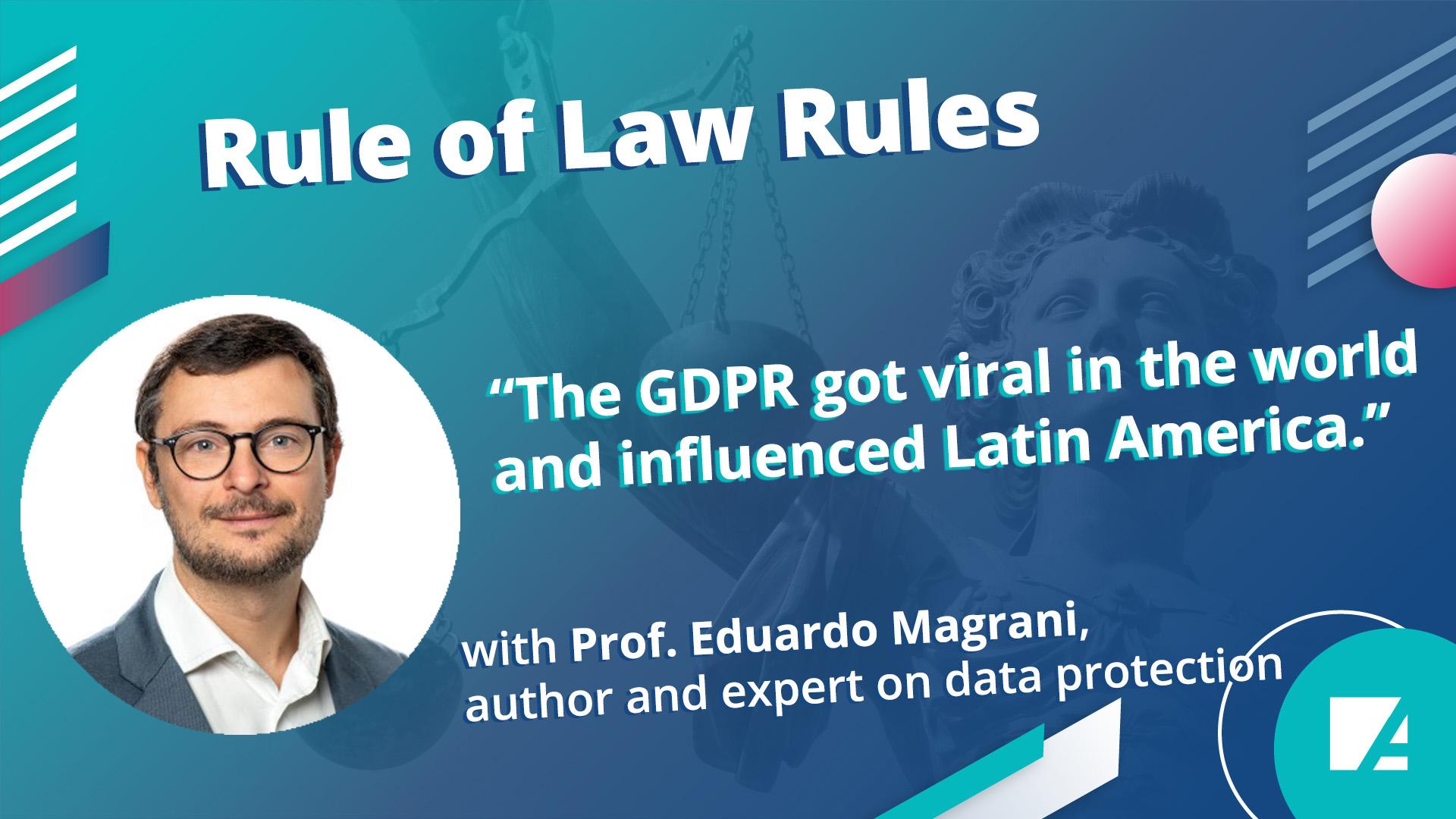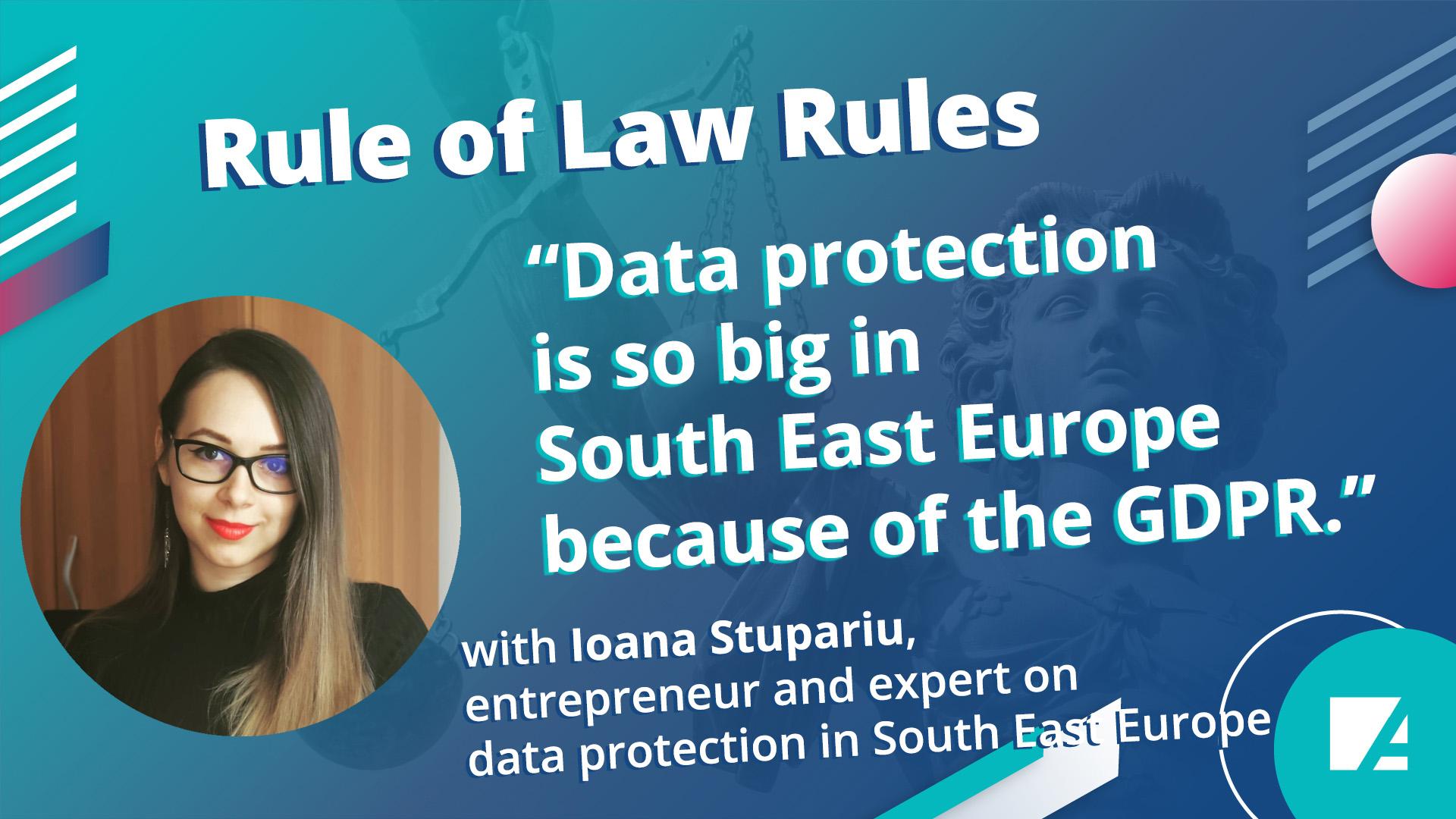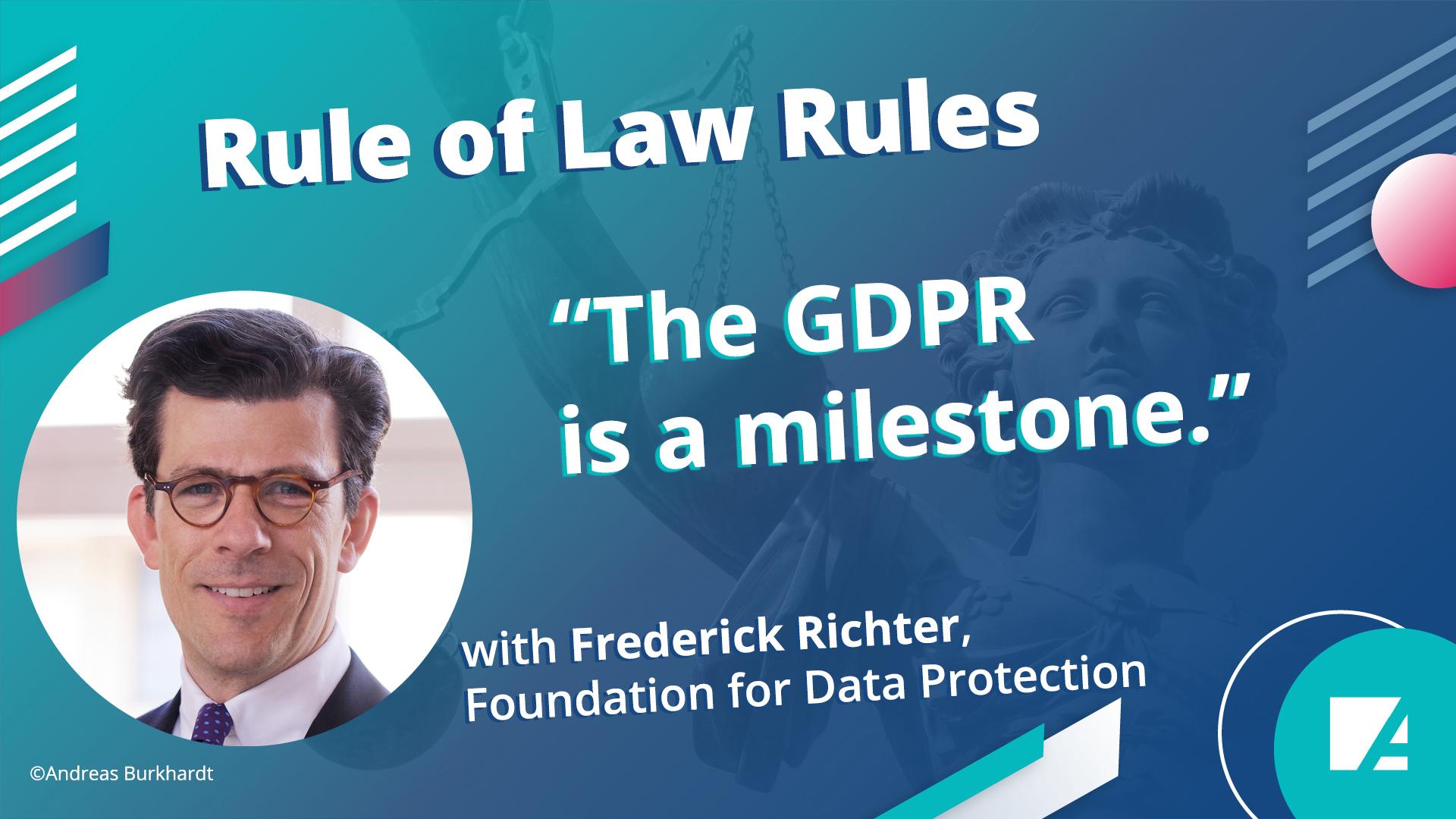Self-driving cabs, automated checkouts, cleaning robots, hotel receptions without staff, drones as parcel carriers. What was considered science fiction years ago is already a reality in many places today - artificial intelligence (AI) makes it possible. But that was just the beginning: the rapid development of AI is about to take a quantum leap and penetrate all areas of human life. Immeasurably rich in opportunities for a better world of tomorrow - just as risky and dangerous to the point of humanity losing control over the technology. Goethe's sorcerer's apprentice sends his regards.
Now, no new technology, whether mechanical or cyber, is evil in itself. It depends on what people make of it and how they use it. That is why rules are needed. And this will be one of the main topics at the summit of heads of state and government in Apulia from June 13-15, 2024, according to Italy's current G7 presidency.
At first glance, it may seem surprising that Prime Minister Giorgia Meloni has invited Pope Francis to Apulia in consultation with her G7 counterparts. However, the invitation has a deeper justification: the Vatican has been closely monitoring research into artificial intelligence for years and is in dialog with relevant scientists and experts. This applies in particular to Pope Francis, who has indicated on various occasions that he considers the topic of AI to be at least as important for the future of humanity as, for example, climate change or migration.
The G7 summit will primarily focus on the ethical dimension of AI and international rules for dealing with it. It is no longer about what AI can do, but what it is allowed to do. What is morally acceptable and what is not? The Holy See has developed clear ideas on this. The Pontiff gave a special mandate to the Pontifical Academy of Science - the Vatican's international think tank. Scientists from different geographical origins, denominations and religions work together here.
Since then, the Holy See has attempted on several levels to anchor the recognition of ethical rules and standards internationally and to seek dialogue with the leading technology giants of Silicon Valley. Based on its consultations, the Pontifical Academy of Sciences had already drawn up an appeal in 2020, known as the “Rome Call for Artificial Intelligence Ethics”: a voluntary commitment by all those working and researching AI to comply with minimum moral standards.
The full-length publication is only available in german.



